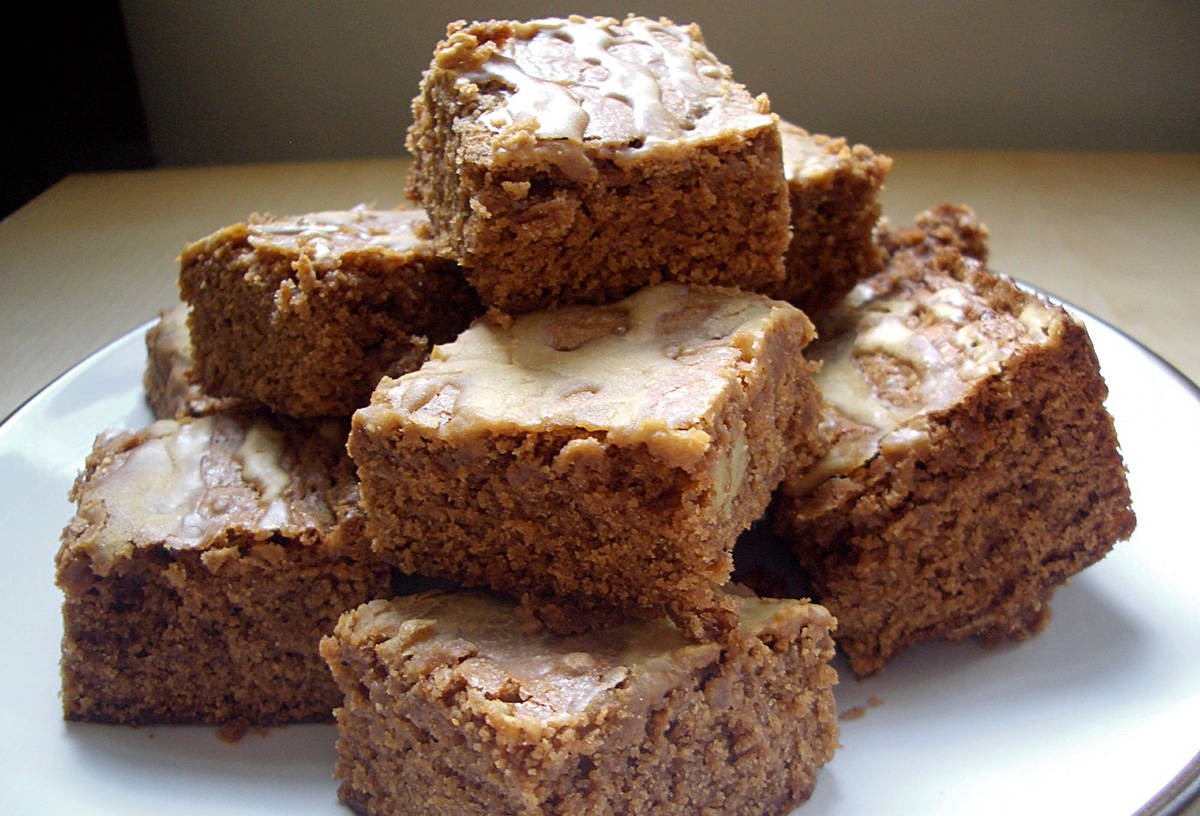The B.C. Centre for Disease Control has an important message for parents who plan to explore the culinary art of cannabis-infused edibles at home: keep the treats locked up.
Plenty of cookbooks have hit shelves in recent years dedicated to getting high from all sorts of dishes.
Dr. Tom Kosatsky, medical director of environmental health services for the B.C. Centre for Disease Control, told Black Press Media that adults can take simple steps to ensuring children stay safe.
“Parents should keep any cannabis products out of the hands of children, so that means clearly labeling them, keeping them away from other food products, keeping them at a height and locking them up so kids can’t get at them easily,” he said.
Children are more vulnerable to negative reactions to cannabis due to their size, and newness to its effects, Kosatsky explained.
“People who are unused to cannabis are more likely to be sensitive to it than people who are long-term users.”
Symptoms can include abnormal heart rhythms, being hyper-drowsy, nauseous, uncoordinated, and not being able to see straight. In extreme cases, children can have seizures and depressed breathing.
“Kids can have really important consequences,” he said.
As for parents with teenagers, Kosatsky said it’s best to “make it hard for teenagers to get hold of it, and educate them in terms of what it can do – deal with it the same way you deal with alcohol.”
In 2018, a young girl in the Comox Valley was taken to hospital after eating a cannabis-infused candy. It’s believed she found old gummy bears discarded in the back seat of a vehicle before eating an unknown number of them.
Also that year, a four-year-old girl was hospitalized after she ate 15 squares of a marijuana-infused chocolate bar she found in the console of her father’s car. The recommended does of the edible for adults was one square per day.
Kosatsky said any edibles sold should be clearly marked “not for children” and include its tetrahydrocannabinol (or THC) and cannabidiol (or CBD) contents – two active ingredients in cannabis. Parents should also be aware of the appeal candy and other desserts have to children.
“Selling gummy bears is, I think, unethical,” he said. “Adults don’t need to take gummy bears, that’s clearly an invitation for children.”
Although the B.C. Drug and Poison Centre does not track hospital visits, it does track calls made to poison control. Between 2013 and 2016 there were 1,208 calls about cannabis exposure. Of those, 59 involved children aged 10 and under.
“Of the 59 calls that involved children, about two-thirds of them involved edibles,” Kosatsky said. “Two were to candies, seven to brownies and 16 to cookies.”
Kosatsky said over the years there have been an increase in calls particularly about infused candies.
He added that “parents who are able to buy legal leaf who haven’t before should be particularly careful.”
If a child ingests cannabis or starts showing symptoms, poison control can be reached across B.C. by dialing 811. Kosatsky said the caller will most likely be told to take the child to the nearest hospital or medical centre.
@ashwadhwani
ashley.wadhwani@bpdigital.ca
Like us on Facebook and follow us on Twitter.

